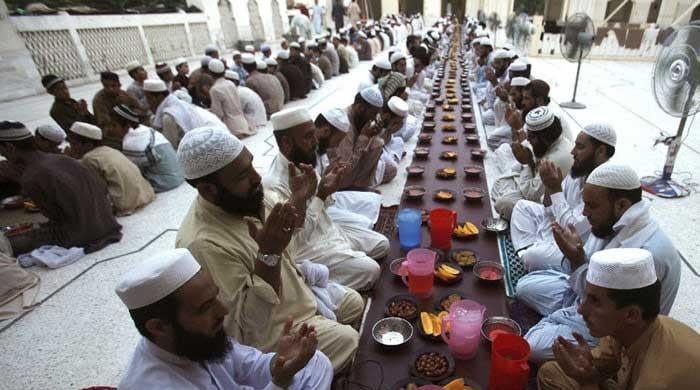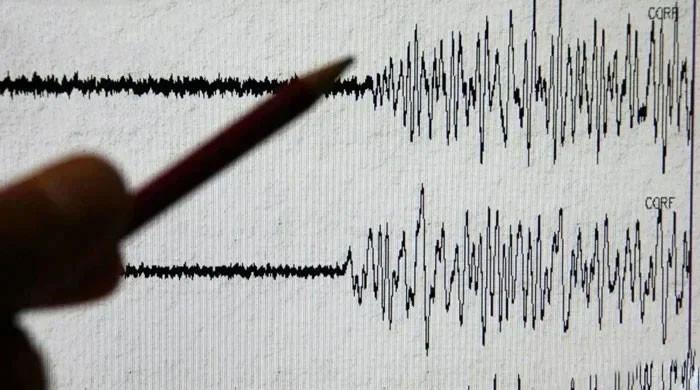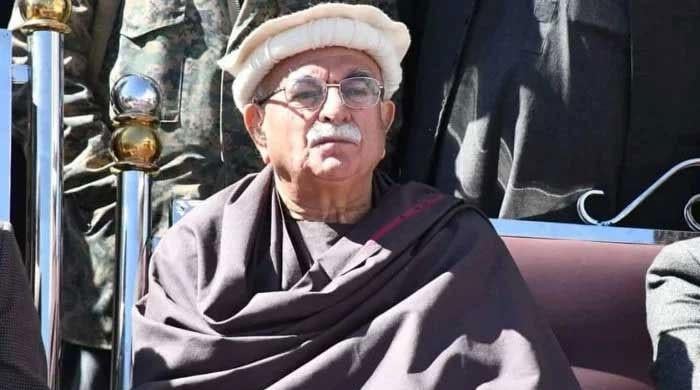Parents pardon cleric who allegedly beat their 10-year-old son to death in Karachi
The police have registered a case against the cleric on behalf of the state
January 22, 2018
KARACHI: A 10-year-old boy was allegedly beaten to death by a cleric in Karachi’s Bin Qasim area, Geo News reported Monday.
The cleric, identified as Qari Nizamuddin, had beaten the child to death with a stick at his seminary in Edu Goth area on Sunday.
The boy, Muhammad Hussain, had to be rushed to the hospital, however, he succumbed to his wounds on the way.
Following the incident, the police had taken the suspect into custody.
Later, it was reported that the child’s parents had forgiven the cleric for the death of their son and did not register a case against him.
The police then filed a first information report (FIR) against the suspect with the state as the complainant. The case includes clauses of murder and violence.
The police will present the suspect before the court today (Monday) to seek his remand.
Last year, the Sindh Assembly had unanimously passed the Sindh Prohibition of Corporal Punishment Bill to protect children from corporal punishment at all types of educational institutions, including madrasas, and childcare institutions, including foster care and rehabilitation centres.
The law promises protection of children from punishments that cause pain or discomfort, such as hitting, smacking, slapping, spanking, kicking, shaking or throwing a child, scratching, pinching, biting, pulling hair or boxing ears or forcing a child to stay in uncomfortable positions, burning, scalding or forced ingestion by any person in the family, at a workplace, in schools, etc.
Society for the Protection of the Rights of the Child (Sparc) Sindh Manager Zahid Thebo said that the provincial legislature had passed the bill a year ago, but not a single case of corporal punishment had been registered in any district of the province.
The Sparc official said the law against corporal punishment was in place, but parents of the victims were reluctant to register cases against teachers, adding that corporal punishment was declared a compoundable offence in the bill, which was the only reason that in most cases like Hussain’s, parents forgave the violators.











